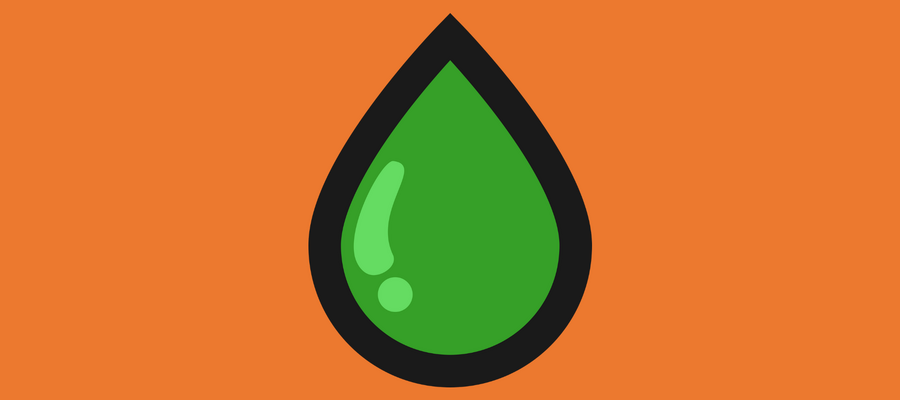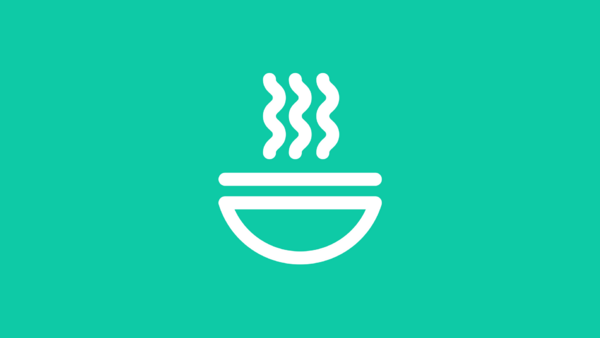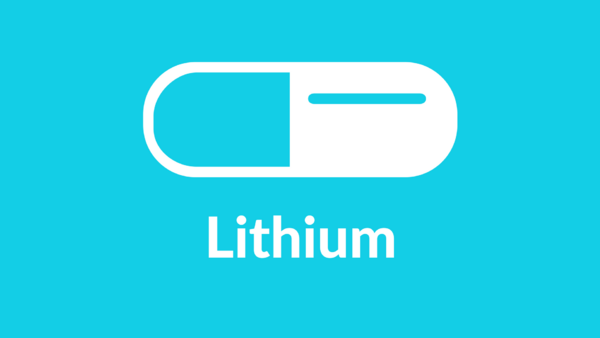
Can Cannabidiol (CBD) help anxiety?
There is a huge amount of talk about cannabinoids for anxiety at the moment. But what exactly are they and can they help reduce anxiety? In this article, I will explain all.
What is it?
A cannabinoid is a substance that acts on the brain's cannabinoid receptors.
You've probably heard of the drug, cannabis, which is made from the plant of the same name. You might know it as marijuana, but we're talking about the same thing. We're also talking about the same thing when we talk about CBD.
In the drug, there are two main ones. These are tetrahydrocannabinol (THC), which is the primary psychoactive substance found in the drug. The other is cannabidiol (CBD), which is the compound that we are interested in here.
Cannabidiol can be extracted and packaged up as a standalone product and is typically supplied as oil, liquid, spray, or in capsules.
How does it work?
Research on the topic is in its very early days, so we're not sure. Although it seems to reduce anxiety, there are two things we need to work out:
First is does it actually reduce anxiety and, if so, how does it do it. The trials suggest it does, but we're not sure how yet, and therefore it is difficult to draw a firm conclusion.
Second, that it is non-psychoactive. That means we need to double check that it won't get you high. So far, the research suggests that it is non-psychoactive and may even counteract the THC, which could also explain why it reduces disordered thinking in anxiety. However, again, we're not sure yet.
How do I use it?
Typically, you will put a few drops on your tongue twice per day.
If you are prescribed CBD by your doctor, they will tell you how to use it and what the dose should be.
What are the side effects?
According to the FDA1, there are numerous side effects. That is true of all prescription medications, of course, which typically come with a long list of side effects and CBD is no different. The most common are:
- sleepiness
- decreased appetite
- diarrhoea
- increase in liver enzymes
- feeling very tired and weak
- rash
- sleep problems
- infections
Is it legal?
This question is a minefield of a question to answer here because it depends on where in the world you are, legislation continues to change and evolve and because we're not lawyers.
Most countries classify it as a prescription drug, so your doctor can prescribe it to you, but you cannot buy it off the shelf.
However, many countries in Europe, including the UK, allow the sale of some products providing that the levels of THC in it is below a certain threshold.
In the United States, it's not clear whether it is legal or not while in Canada it has been legalised.
What about business interests?
It is worth noting that medical cannabis is a growth industry. There are lots of new companies starting up to produce different varieties, and they are all interested in generating buzz about it.
I do not doubt that many of the people working in the industry do so out of a genuine desire to help people. But many companies are interested in taking advantage of the land rush, too. Big pharma is obsessed with profit, also, of course. So, whatever treatment we are looking at, we should proceed with a hint of caution.
Does it reduce anxiety?
Research on whether cannabidiol can reduce anxiety is still in its early days. There have been multiple studies on the subject, but many of them have been animal studies or have taken place over a short period.
In 2015, the journal Neurotherapeutics published a review2 on the available evidence so far. The authors concluded that:
"Overall, current evidence indicates CBD has considerable potential as a treatment for multiple anxiety disorders, with need for further study of chronic and therapeutic effects in relevant clinical populations."
However, a 2017 review3 published by Clinical Psychology Review was less favourable. The authors concluded:
"However, research on other anxiety disorders is scant and the comparative effectiveness of cannabis relative to other pharmacological treatments for anxiety has yet to be determined."
So far, then, the evidence is looking promising. However, there is a risk. We don't fully understand how CBD works, or what the adverse or long-term effects of taking it are, so if you were to jump on the boat at this point, there would certainly be a risk involved.
That said, if you are planning to buy over-the-counter versions, their dose is low. So, if anxiety is causing severe problems in your life, you may decide it is worth the chance.
What about insomnia?
The evidence for CBD helping you sleep is unclear. A review published4 by Current Psychiatry Reports concluded:
"Research on cannabis and sleep is in its infancy and has yielded mixed results."
Therefore, we cannot draw any conclusions about its effects on insomnia yet. If you are struggling to sleep, this would not be a recommended avenue to explore.
Conclusion
Cannabidiol (CBD) is a new and promising treatment for anxiety. Early studies show that it seems to have a beneficial effect on a range of anxiety disorders.
However, because it is early days, we don't fully understand the risks of long-term usage, or even how it works to reduce symptoms, which some people may find troubling.
It's legal status also varies by country, and these laws continue to evolve, so you will need to check what the status is in your country at the time of reading.
Related articles
Metadata
Published 10 December 2018. Written by Chris Worfolk.
References
-
https://www.accessdata.fda.gov/drugsatfda_docs/label/2018/210365lbl.pdf ↩︎
-
Blessing, E. M., Steenkamp, M. M., Manzanares, J., & Marmar, C. R. (2015). Cannabidiol as a Potential Treatment for Anxiety Disorders. Neurotherapeutics : the journal of the American Society for Experimental NeuroTherapeutics, 12(4), 825-36. ↩︎
-
Walsh, Z., Gonzalez, R., Crosby, K., Thiessen, M. S., Carroll, C., & Bonn-Miller, M. O. (2017). Medical cannabis and mental health: A guided systematic review. Clinical psychology review, 51, 15-29. ↩︎
-
Babson, K. A., Sottile, J., & Morabito, D. (2017). Cannabis, cannabinoids, and sleep: a review of the literature. Current psychiatry reports, 19(4), 23. ↩︎

